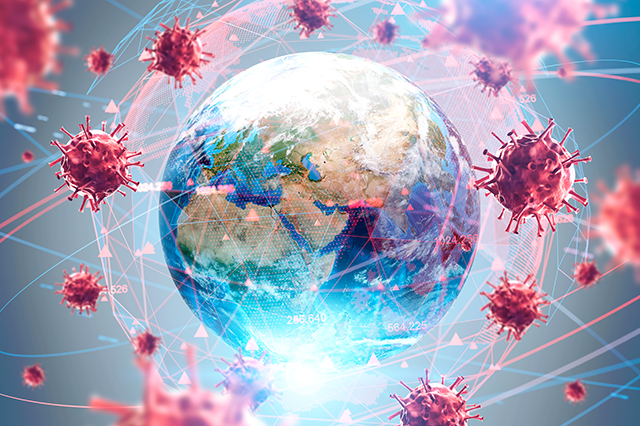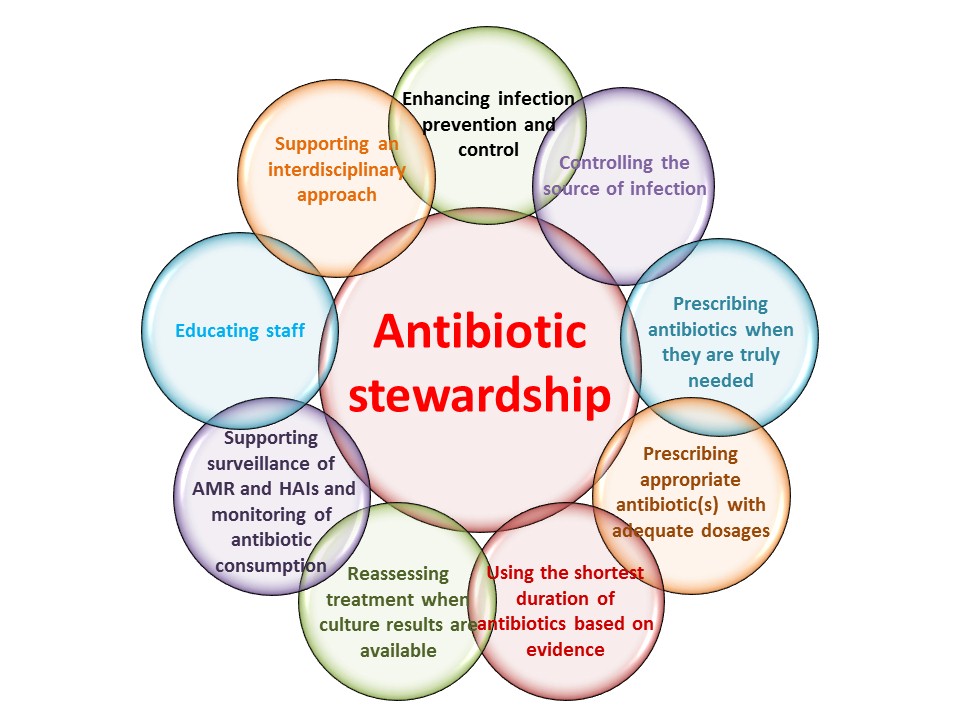The COVID-19 pandemic has been a global wake-up call, highlighting the importance of preparedness for emerging infectious diseases. In this blog post, we’ll delve into the lessons learned from the COVID-19 crisis and the strategies for future pandemic preparedness.
Understanding the COVID-19 Crisis
The COVID-19 pandemic, caused by the novel coronavirus SARS-CoV-2, has been a defining global event. It has affected every aspect of our lives and revealed critical vulnerabilities in our healthcare systems. To gain a better understanding of the pandemic’s origins and impact, you can watch this informative video.

The COVID-19 virus was first identified in Wuhan, China, in late 2019. It quickly spread globally, leading to unprecedented health and economic challenges. The World Health Organization declared it a pandemic in March 2020, marking a turning point in the fight against emerging infectious diseases.
Lessons from the COVID-19 Crisis
The COVID-19 pandemic has provided valuable lessons that are crucial for enhancing global preparedness and response to emerging infectious diseases. Let’s explore some of the key takeaways:
1. Early Detection and Surveillance
Timely detection of infectious diseases is paramount. Early detection enables rapid response and containment. The World Health Organization (WHO) and the Centers for Disease Control and Prevention (CDC) played pivotal roles in monitoring the spread of the virus and providing critical information to healthcare professionals and the public.

2. Public Health Measures
The pandemic underscored the importance of public health measures. Social distancing, mask-wearing, and stringent hygiene practices became essential tools in slowing the spread of the virus. The CDC provided guidelines and recommendations to mitigate the transmission of COVID-19.
3. Vaccine Development
The rapid development of COVID-19 vaccines has been a remarkable achievement. Researchers, pharmaceutical companies, and regulatory agencies collaborated to expedite vaccine research and distribution. The development of vaccines by companies such as Pfizer, Moderna, and Johnson & Johnson has demonstrated the power of scientific innovation during a health crisis. Learn more about vaccine development here.

4. Antibiotic Stewardship
Antibiotics, while crucial for treating bacterial infections, are often misused. During the pandemic, it became evident that antibiotic stewardship is essential. The World Health Organization emphasized responsible antibiotic use, especially in the context of a viral pandemic.

Pandemic Preparedness Strategies
While we reflect on the lessons from the COVID-19 crisis, it’s vital to focus on strategies for enhancing pandemic preparedness. Here are some key strategies to consider:
1. Global Cooperation
Global cooperation is crucial for effectively responding to pandemics. Collaborative efforts in disease monitoring, information sharing, and resource allocation are essential to ensure a coordinated response to emerging infectious diseases.
2. Research and Development
Investing in research on emerging infectious diseases is fundamental. This research includes understanding the origins of new pathogens, developing diagnostics, and advancing treatments and vaccines. The lessons from the COVID-19 pandemic emphasize the need for sustained research efforts. Learn more about the challenges and opportunities in this field.
3. Vaccination Programs
Expanding access to vaccines and ensuring equitable distribution is a priority for pandemic preparedness. Effective vaccination programs not only protect individuals but also contribute to herd immunity, slowing the spread of infectious diseases. The CDC plays a critical role in vaccination promotion and education.
Conclusion
The COVID-19 crisis has underscored the need for global preparedness and collaboration in the face of emerging infectious diseases. By learning from this experience and implementing effective strategies, we can better protect our communities and respond to future health crises. As we continue to fight COVID-19 and prepare for new challenges, the lessons we’ve gained from this pandemic will be invaluable.
